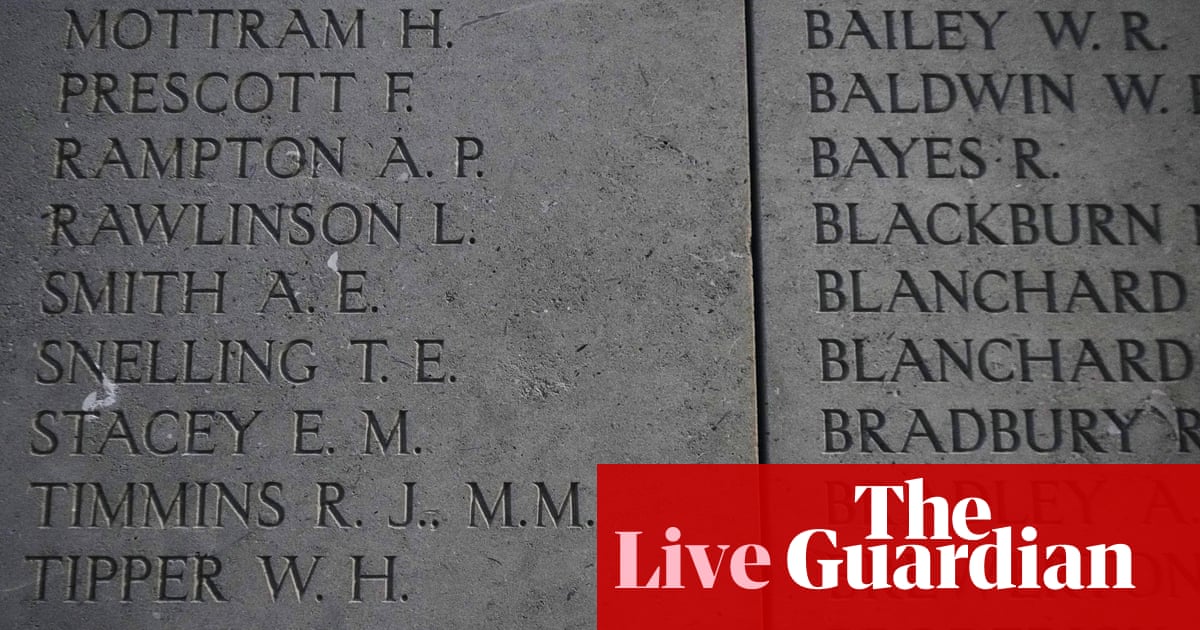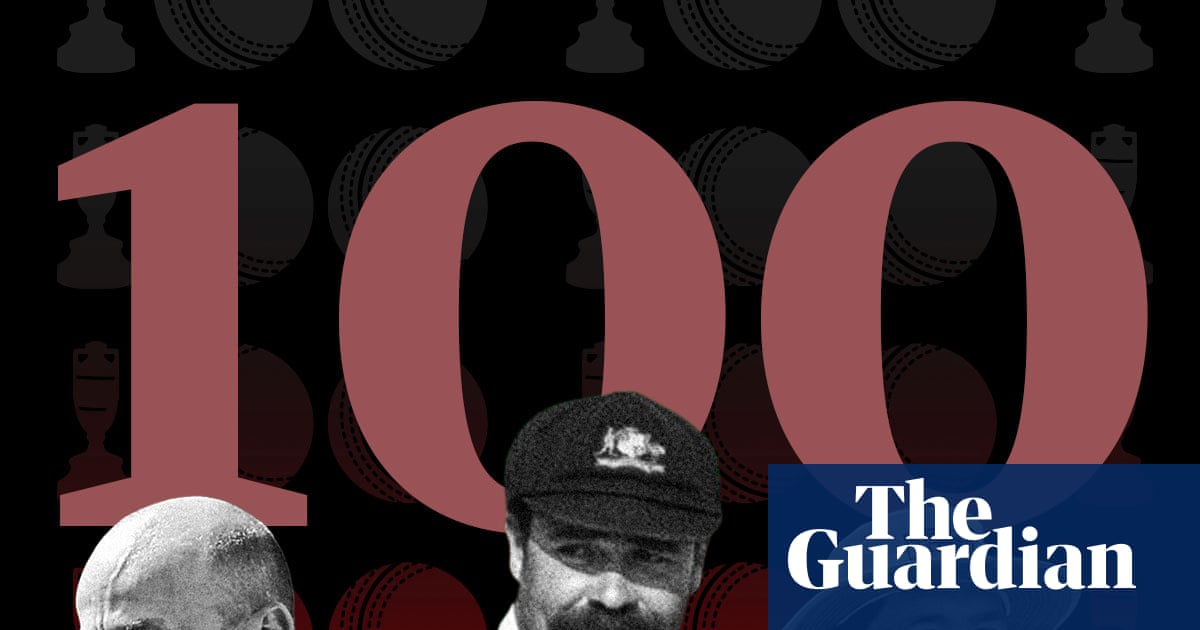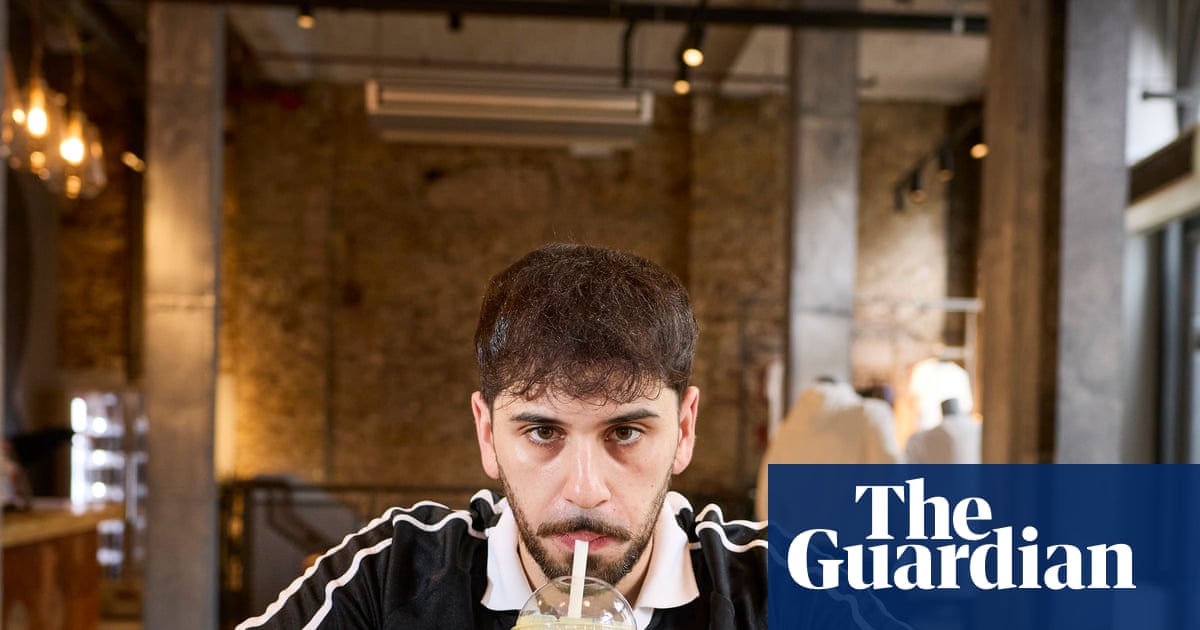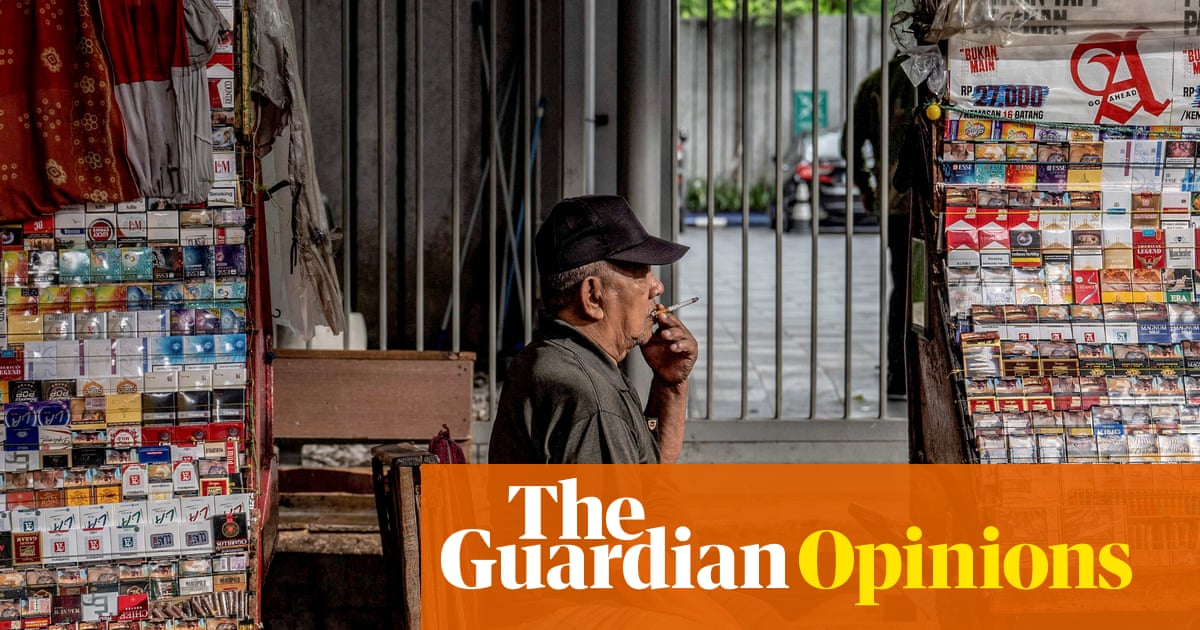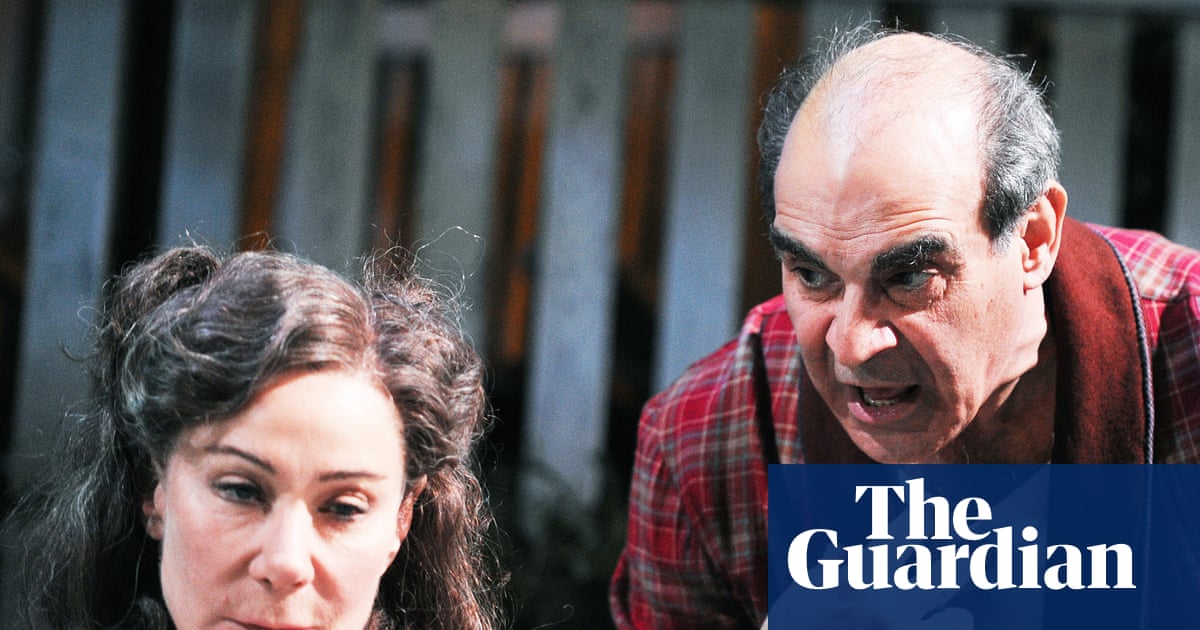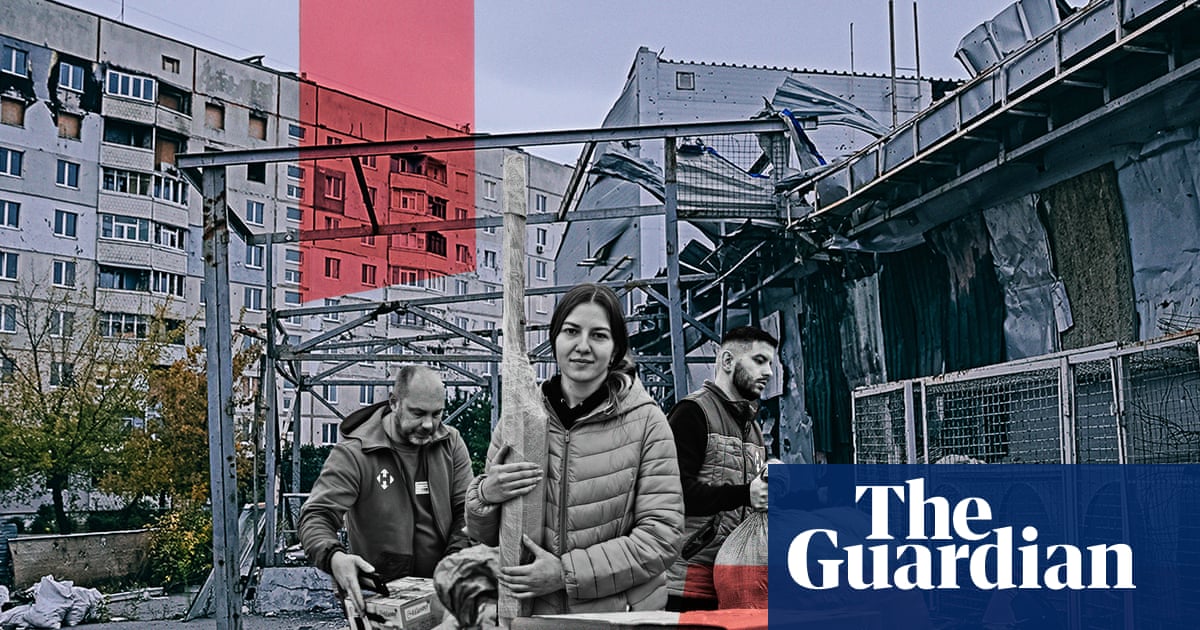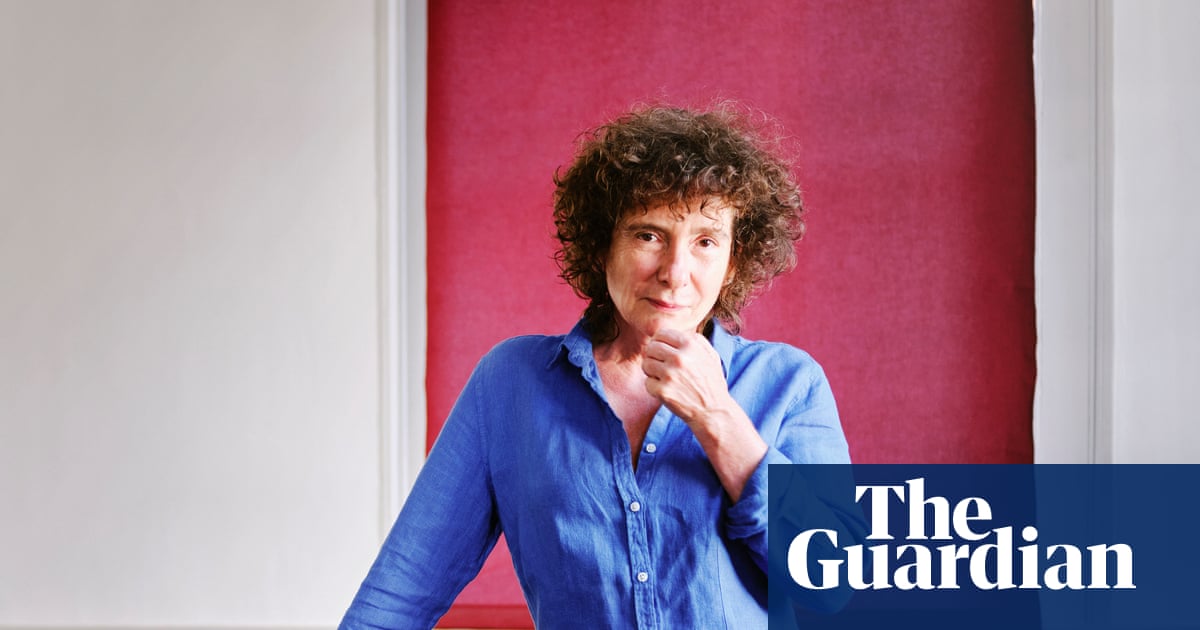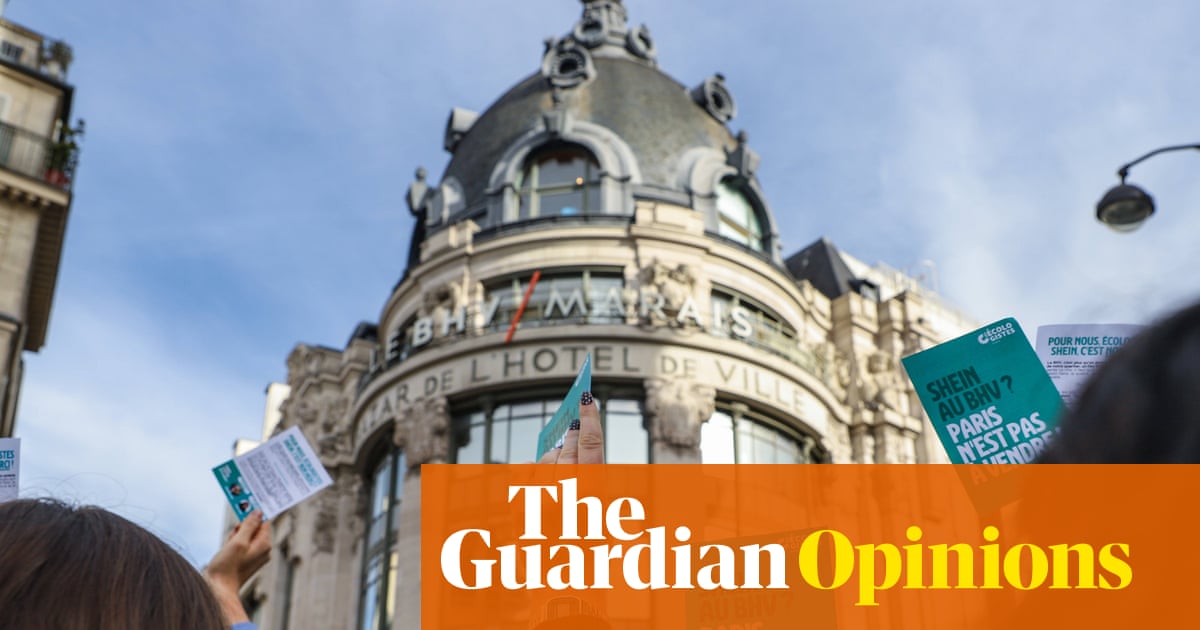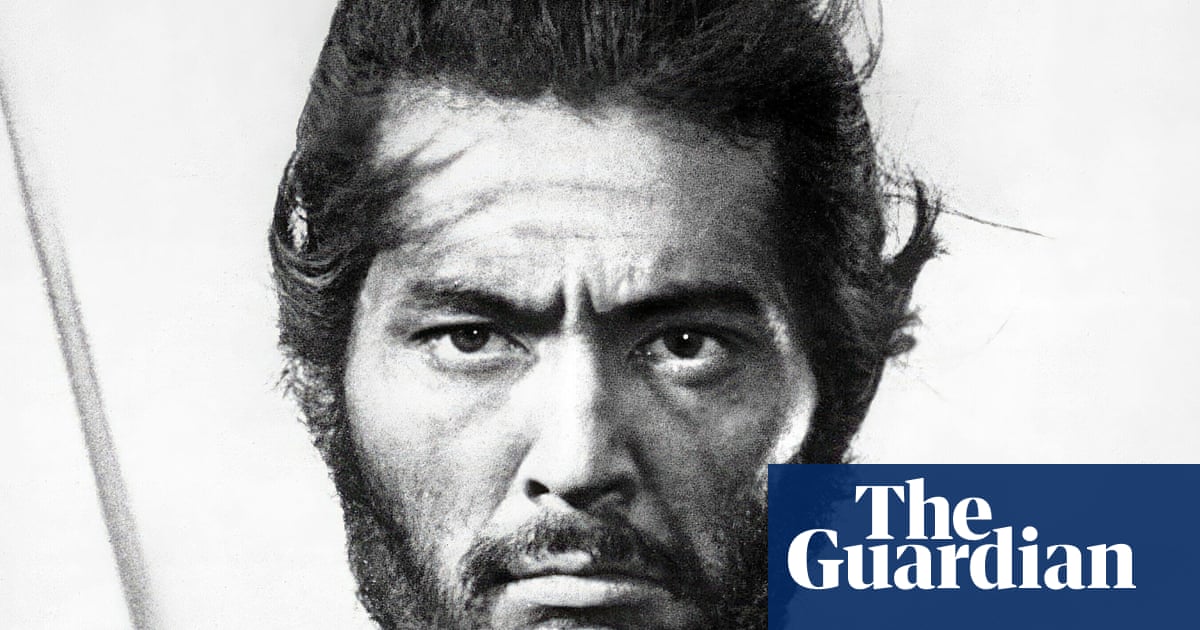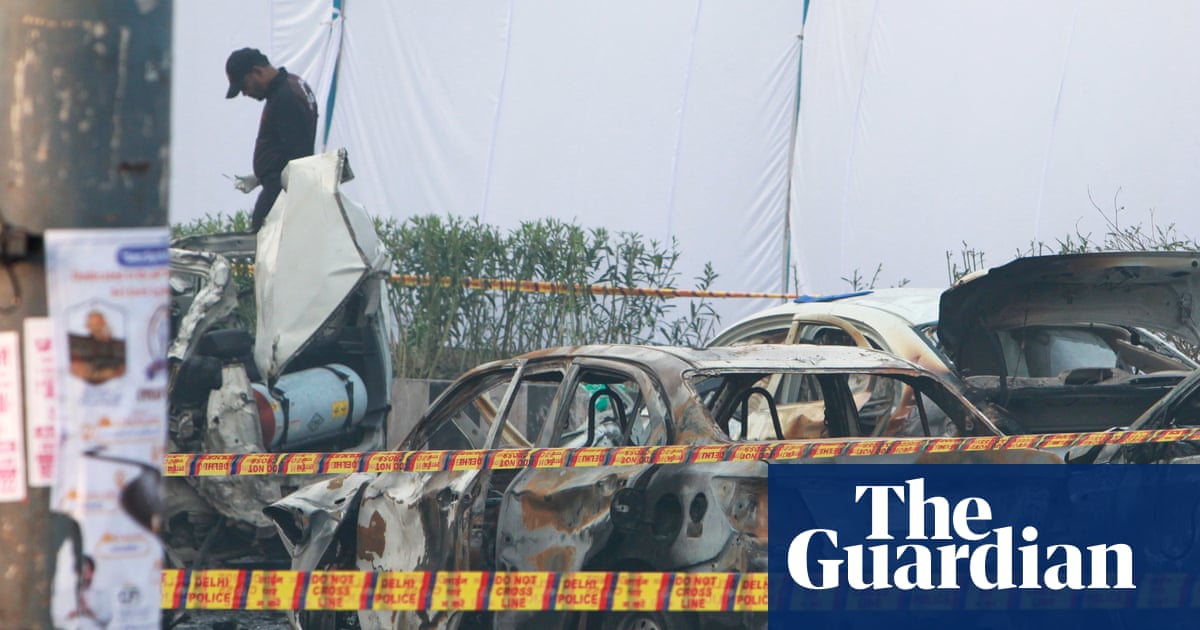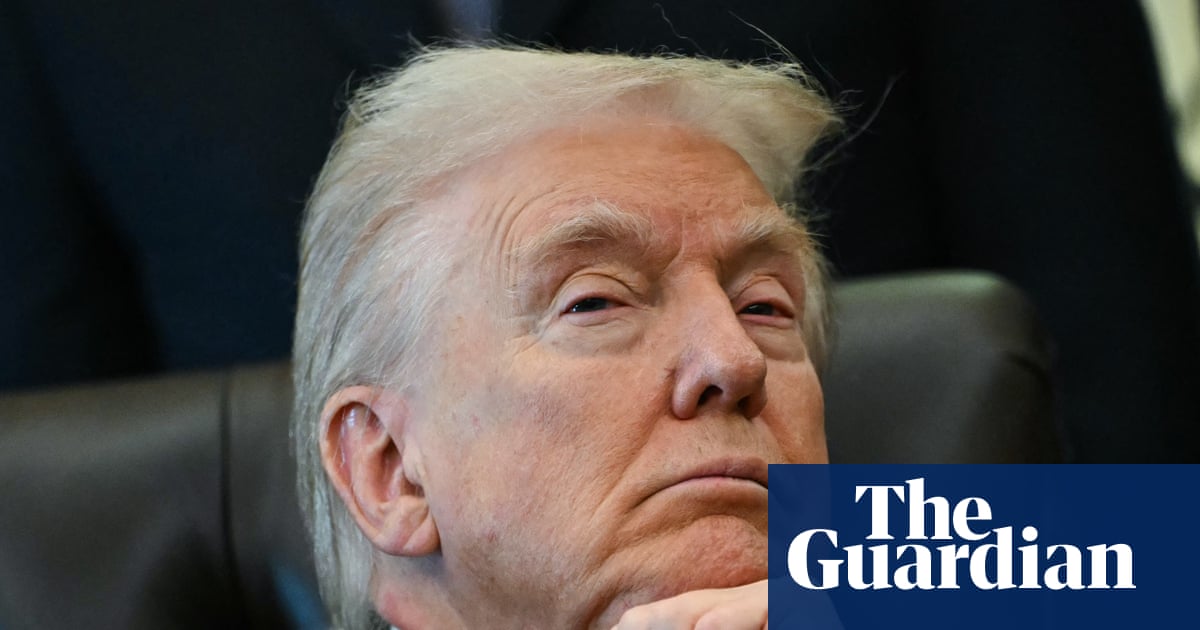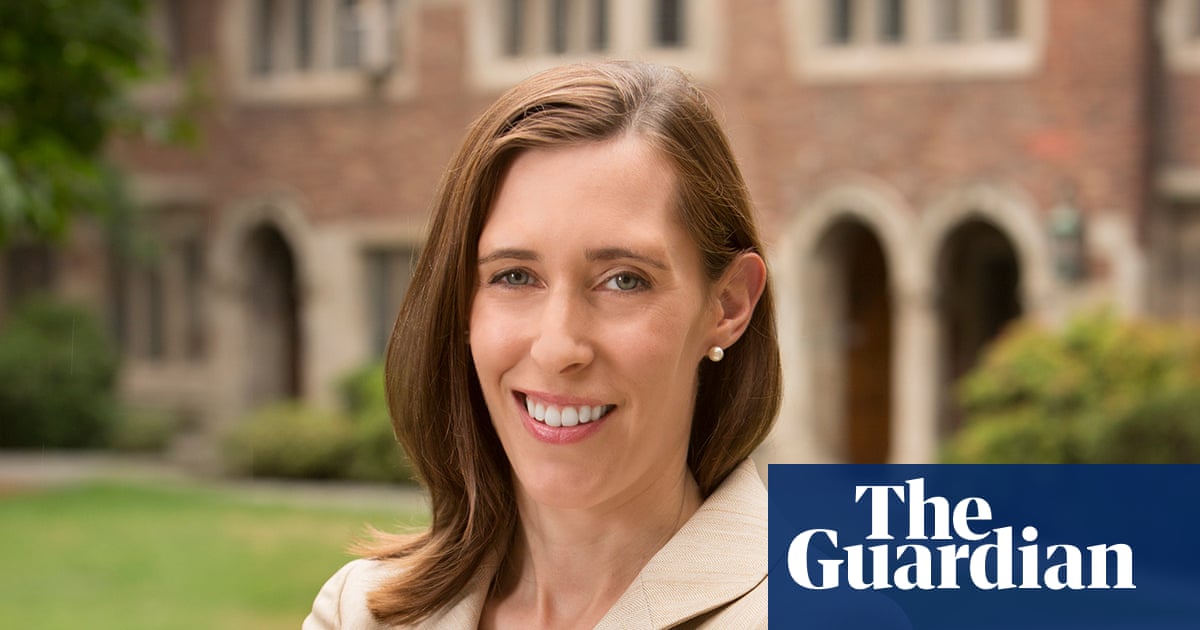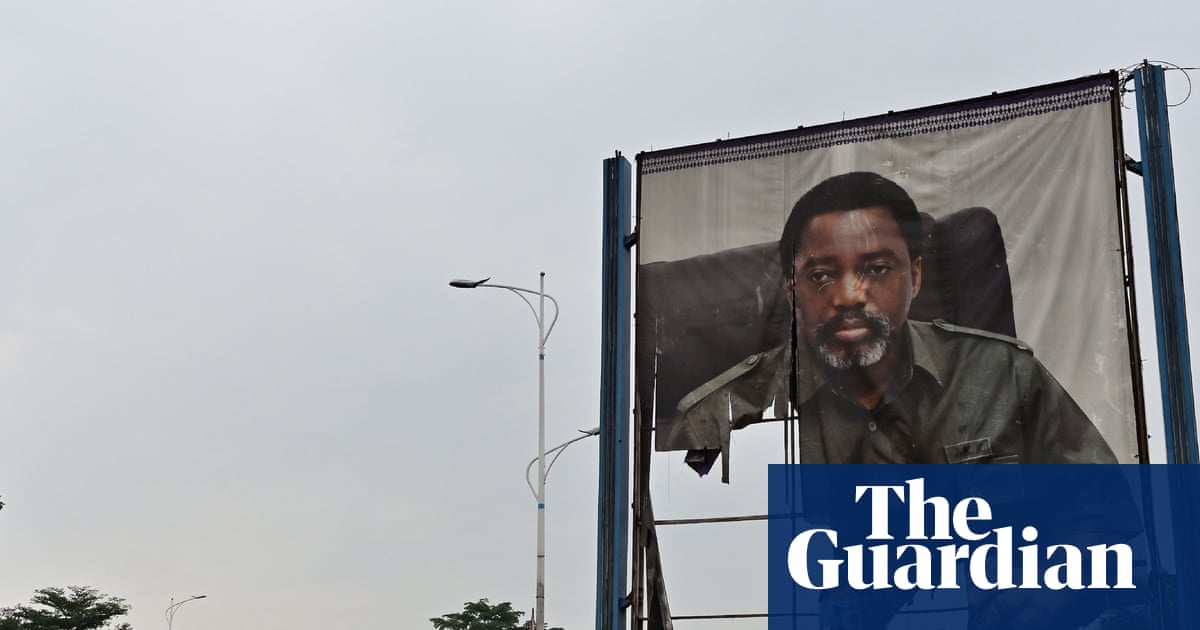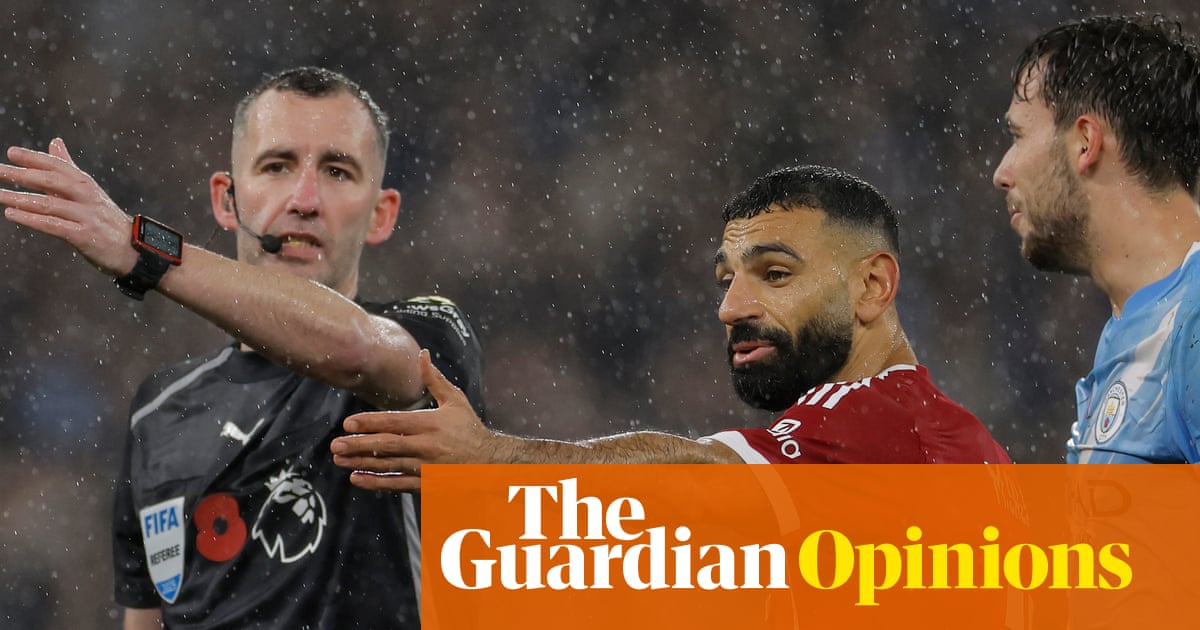An international criminal court hearing into charges of war crimes and crimes against humanity against the Ugandan fugitive rebel leader Joseph Kony has begun with accounts of atrocities allegedly committed by his Lord’s Resistance Army.
The ICC’s first in-absentia hearing will confirm charges but cannot progress to a trial in Kony’s absence. The warlord faces 39 counts, including murder, rape, sexual slavery, enslavement and torture, allegedly committed in northern Uganda between July 2002 and December 2005.
From 1986, the LRA sought to overthrow Uganda’s government, saying it wanted to establish a state based on the Bible’s 10 commandments. By 2006, the UN estimated that 2 million people had been displaced. The LRA was then pushed into the Democratic Republic of Congo and South Sudan and later the Central African Republic.
US special forces are among those who have tried and failed to find Kony. It is not known if the warlord is even still alive.
The victims “had no choice when they were forced to watch killings. They had no choice when they were made to kill. They had no choice when their bodies were turned into tools of war”, Sarah Pellet, a lawyer representing victims of the LRA, told the court in The Hague.
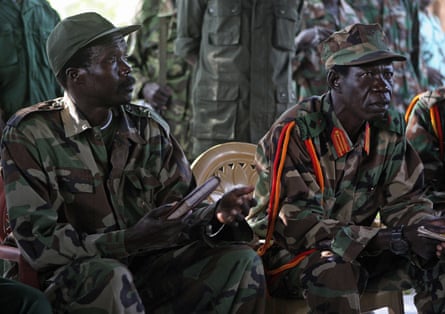
Pellet cited a woman forced to abandon her child: “The rebels shot at me, forcing me to throw my baby down to run for my life. I still do not know where my child is.”
An estimated 60,000 children were abducted by the LRA, many subjected to sexual violence. More than 100,000 people were killed.
Opening the prosecution case, the ICC deputy prosecutor Mame Mandiaye Niang said: “The social and cultural fabric of Uganda has been torn apart and they are struggling to recover.”
The court-appointed counsel for Kony argued the proceedings violated their client’s fair trial rights and should not have been held at all. “The empty chair impacted the preparation of the defence,” the lawyer Peter Haynes said, pointing to the courtroom seat where Kony would have been if he were present.
Everlyn Ayo, 39, told Agence France-Presse how the LRA attacked her school when she was five years old: “The rebels raided the school, killed and cooked our teachers in big drums and we were forced to eat their remains … For many years now, I do not see well. All I see is blood.”
Richard Ochola, one of around 200 people who watched the hearing at Gulu secondary school in northern Uganda, criticised the process. “Watching the screen without seeing Kony’s face is not satisfying at all. Our dream is to have Kony face trial, denying or confirming he killed people,” the 34-year-old farmer said.
“What we are watching at the moment is no different from watching a movie produced in a foreign country, because inside the courtroom there are no people we know or we can relate to our suffering.”
Legal experts said ICC prosecutors could use the case as a precedent for other high-profile suspects charged by the ICC and yet to face trial, including Russia’s president, Vladimir Putin, and the Israeli prime minister, Benjamin Netanyahu.
“[Prosecutors] have their eyes in the long run on the possibility of using this procedure against Putin or Netanyahu if they continue to elude justice year after year,” Michael Scharf, an international law professor at Case Western Reserve University, told Reuters.
-
Reuters and Agence France-Presse contributed to this report

 2 months ago
59
2 months ago
59


